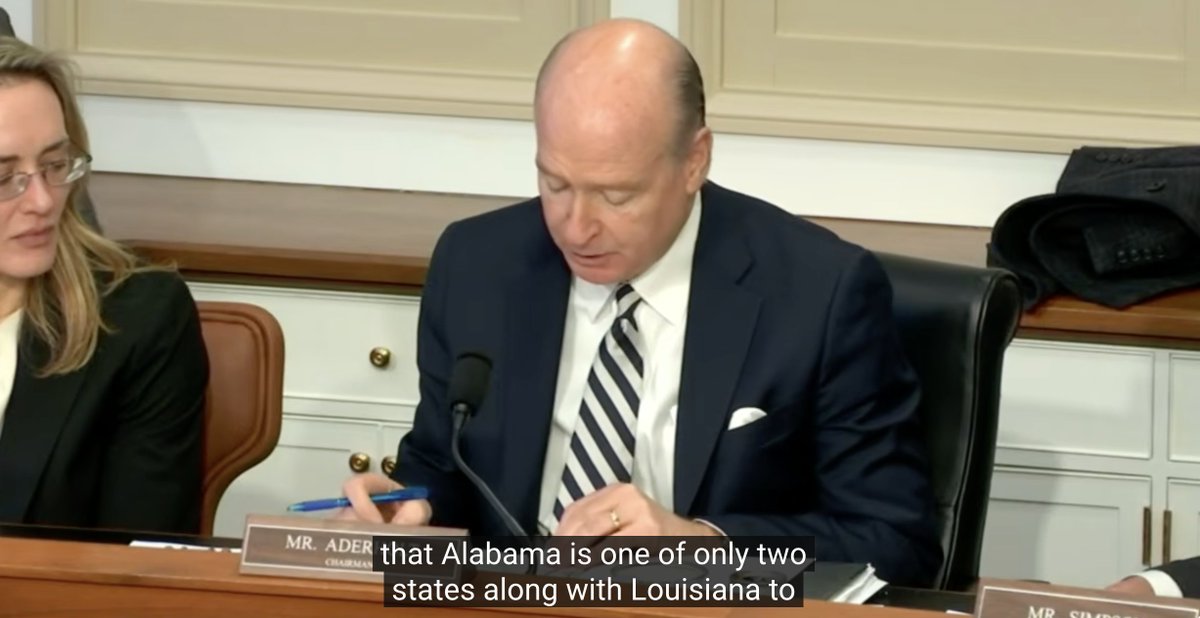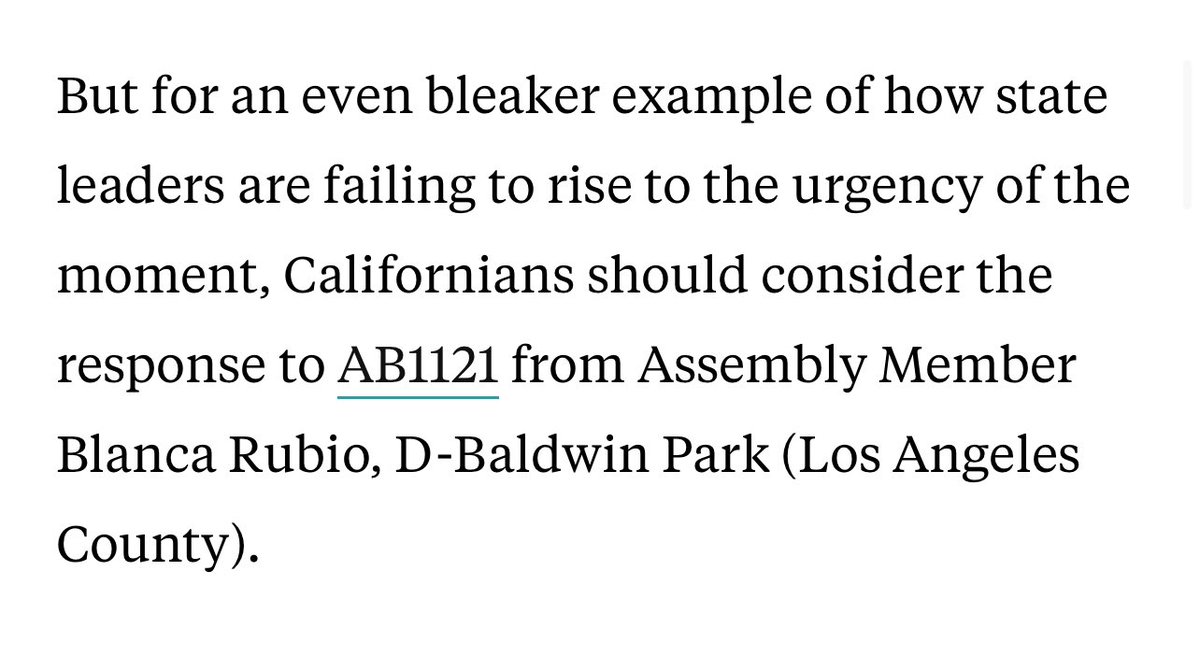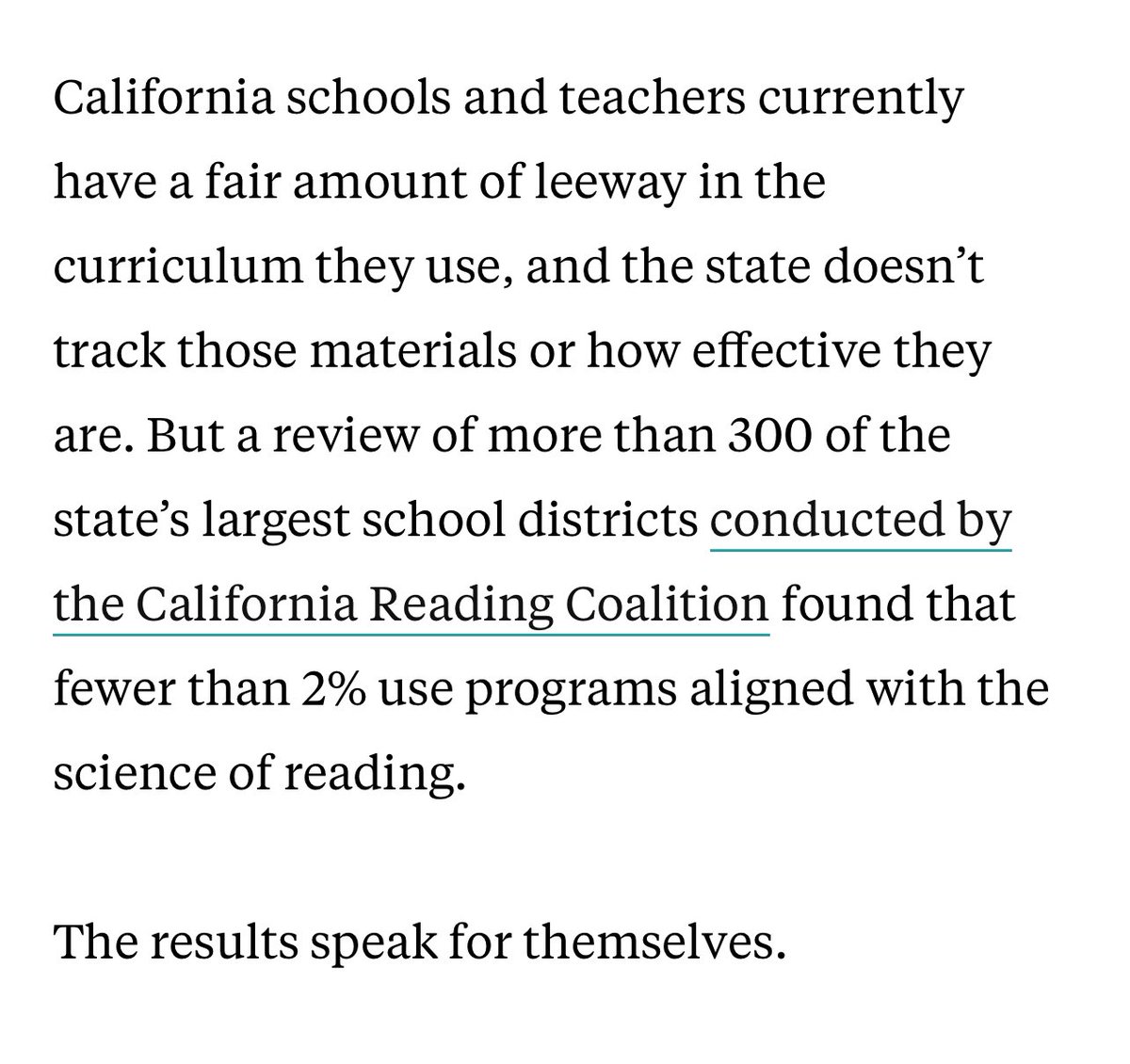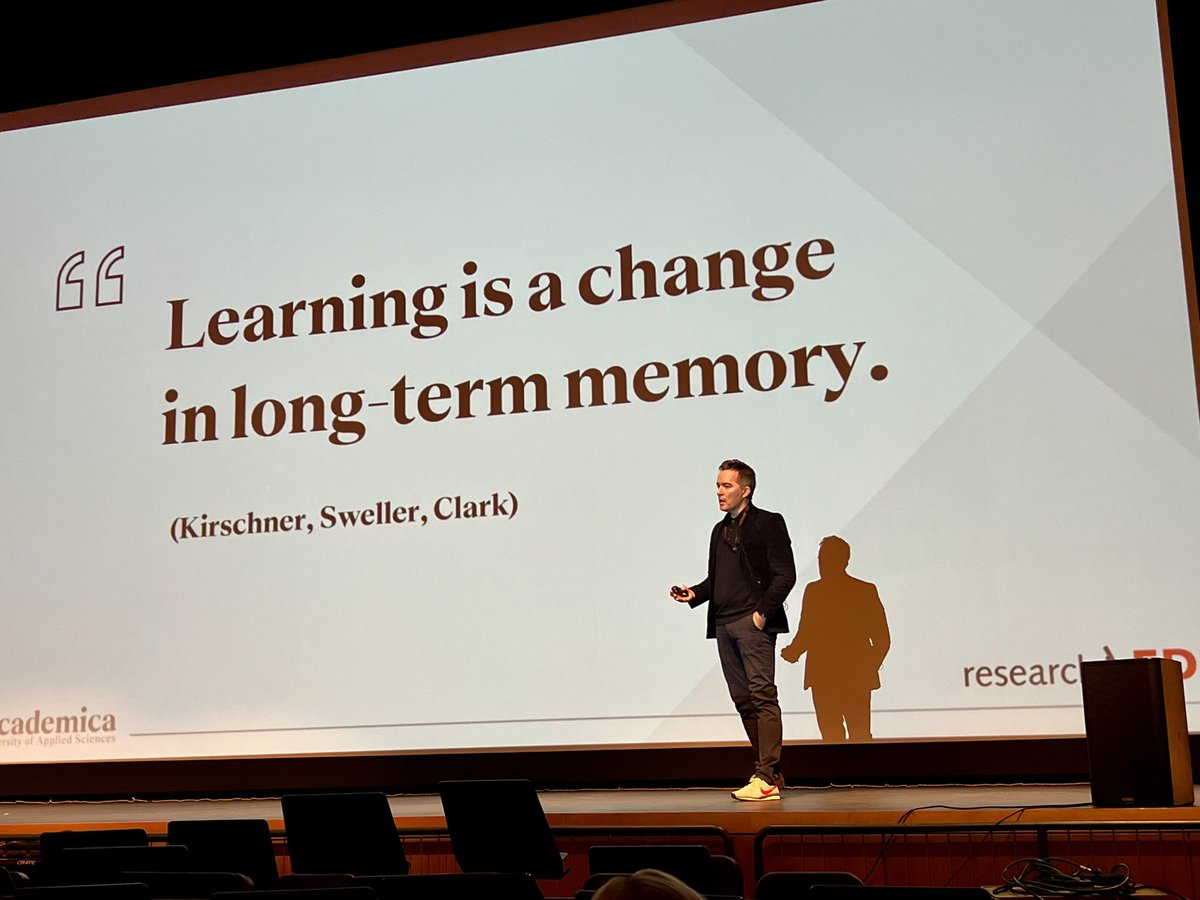And our rally starts with moms figuring out how to use s stroller as a podium.
Because of course it does.
@daniela127
Because of course it does.
@daniela127

The Science is Clear, and the CDC is following it, days @daniela127:
New York State is following the science! New York State guidelines now allow for mask-optional PreK and day care.
Why is New York City disregarding the CDC, NY State… and the WHO… and the norms in EVERY European country… and masking kids?
More from @daniela127:
Why is New York City disregarding the CDC, NY State… and the WHO… and the norms in EVERY European country… and masking kids?
More from @daniela127:
Please listen to comments from pediatrician @drdyanhes.
Especially BC she starts w/:
“I’m probably one of my only colleagues or peers that can be here today, because I am not tied to a hospital or organization that refuses to let pediatricians speak out against @AmerAcadPeds.”
Especially BC she starts w/:
“I’m probably one of my only colleagues or peers that can be here today, because I am not tied to a hospital or organization that refuses to let pediatricians speak out against @AmerAcadPeds.”
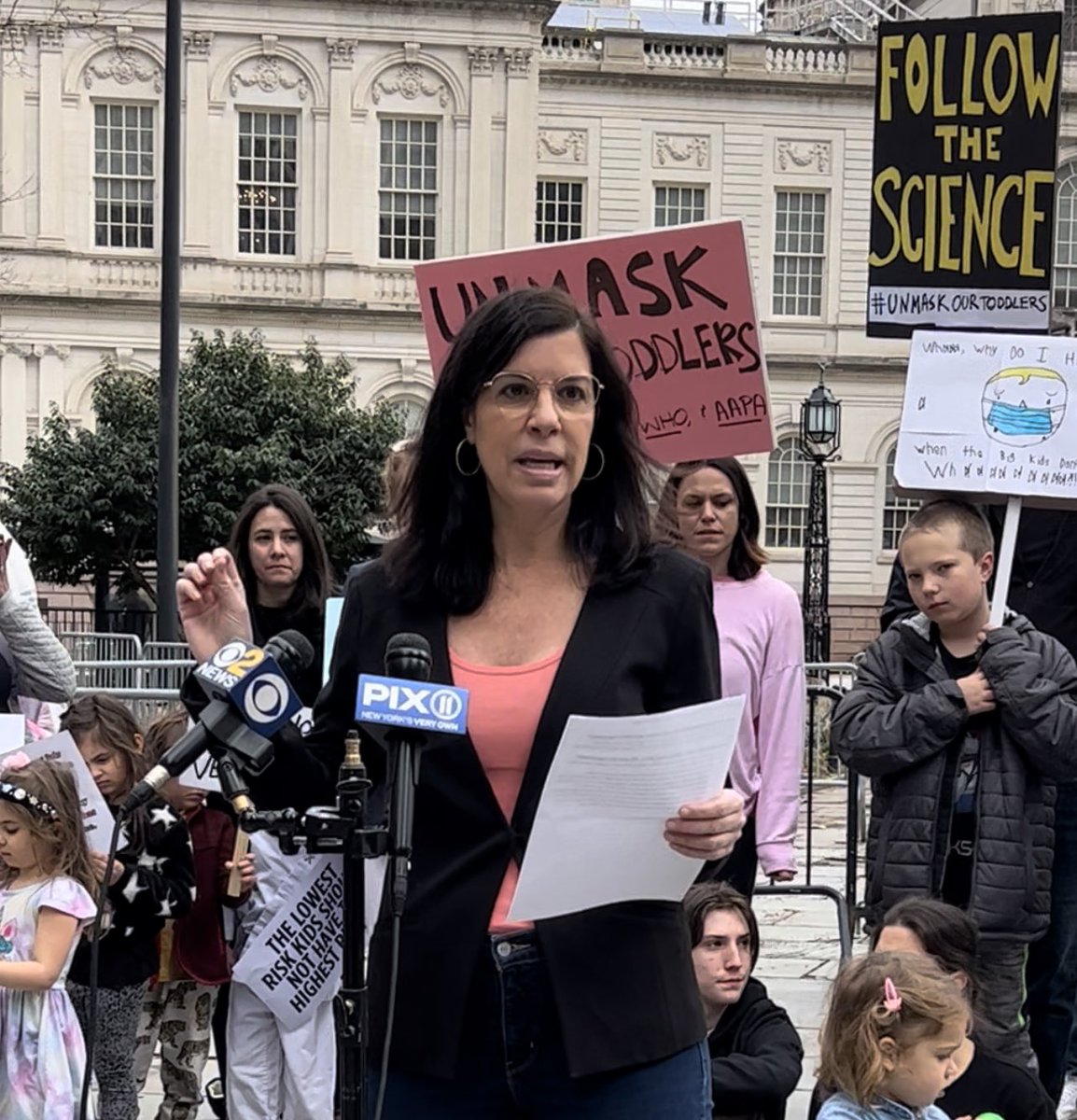
.@drdyanhes is pro-vaccine, pro-public health, she has been on the front lines of vaccination, but she cannot find sense in toddler mask mandates as a motivation.
Please hear her full comments:
1/2
Please hear her full comments:
1/2
.@drdyanhes is seeing more young kids w/ speech delays.
And she is seeing a huge wait list for Early Intervention services, in a city where most cannot afford to pay for private speech therapy.
“What does NYC know that the rest of the world doesn’t” about masking toddlers?
And she is seeing a huge wait list for Early Intervention services, in a city where most cannot afford to pay for private speech therapy.
“What does NYC know that the rest of the world doesn’t” about masking toddlers?
*she cannot find sense in toddler mask mandates as a mitigation, that is. (Two tweets above this one.)
• • •
Missing some Tweet in this thread? You can try to
force a refresh







